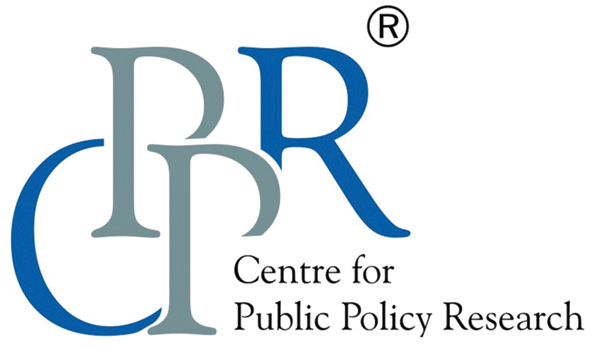Centre for Urban Studies

Why the One-Sided Evaluation Against WHO Will Undermine Science and Evidence
June 8, 2020
“Positive Steps towards Revival of Economy in the COVID-19 Era”
June 8, 2020Kochiites continue to choke drains with waste, fatbergs
CPPR chairman Dr D Dhnauraj comments in a article published in The Times of India on the drainage issue of Kochi corporation. He says “we need to take all stakeholders into confidence and build a mechanism to address the issue,”

Despite the district administration, Kochi corporation and other agencies putting efforts to clean drains and canals in the city, residents and commercial establishments continue to dump sewage and garbage into them.
Though it is crucial to ensure smooth flow of rainwater through stormwater drains, nothing much has been done to prevent garbage and waste water from residential and commercial buildings entering these. While much has been done to remove slit, mud and plastic and other waste accumulated in the canals and drains, no specific mechanisms are in place for its maintenance.
Accumulation of fatbergs, which are a combination of fat, oil, grease, wet wipes, nappies and cotton buds, are another major issue faced by officials.
“Waste especially oil and grease, continue to enter drains. The makeshift eateries, hotels and restaurants are the main culprits. There is no mechanism in place for processing the waste and they are directly poured or pumped into drains,” said a Kochi corporation official adding that without plugging waste channels linking the drains it would not be possible to address the issue of clogging. “Water logging will remain a reality as long as the drains and canals get clogged,” he said.
“Fatbergs might appear like large concrete chunks. But these have nothing to do with construction material. Fatbergs clog drains. That is the reason why the Kochi corporation and other authorities should take steps to prevent oil, grease and other fats from entering the drains. It also asserts on the need for an efficient waste disposal system,” said a Kochi metro official, who works on drainages.
D Dhanuraj, chairman of Kochi-based think tank centre for public policy research said there is no point in blaming various agencies involved in execution of drain construction and maintenance works. “I think we need to take all stakeholders into confidence and build a mechanism to address the issue,” he said. Rajesh Nair, youth forum convenor, Kerala chamber of commerce and industry said the local body should listen to all stakeholders including residents of the city.
Meanwhile, experts said storm water drainage systems should not be used for draining waste water. Waste water outlets and sewerage systems should be linked to decentralised waste treatment plants. Separate underground ducts should be provided for all kinds of cables including power and communication cables, oil pipelines, drinking water pipes and fire hydrant pipes. “These cables and pipes should in no way interfere with the storm water drains or flow of water through it,” said an expert.
This news article was published in The Times of India on June 8, 2020. Click here to read

